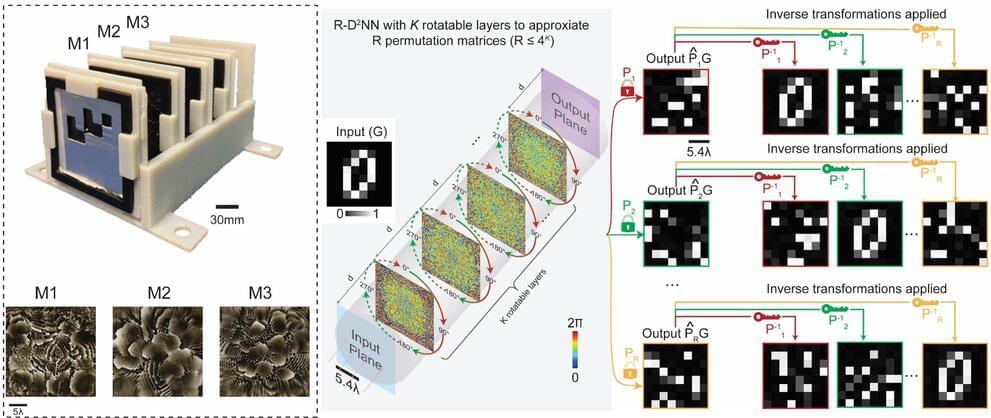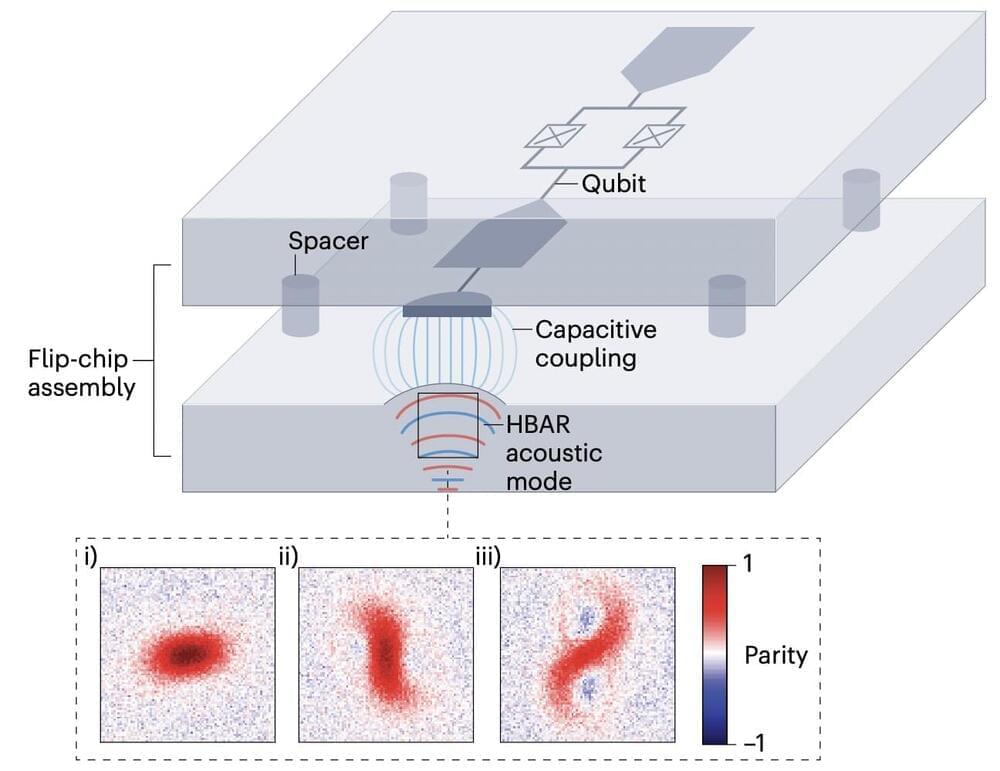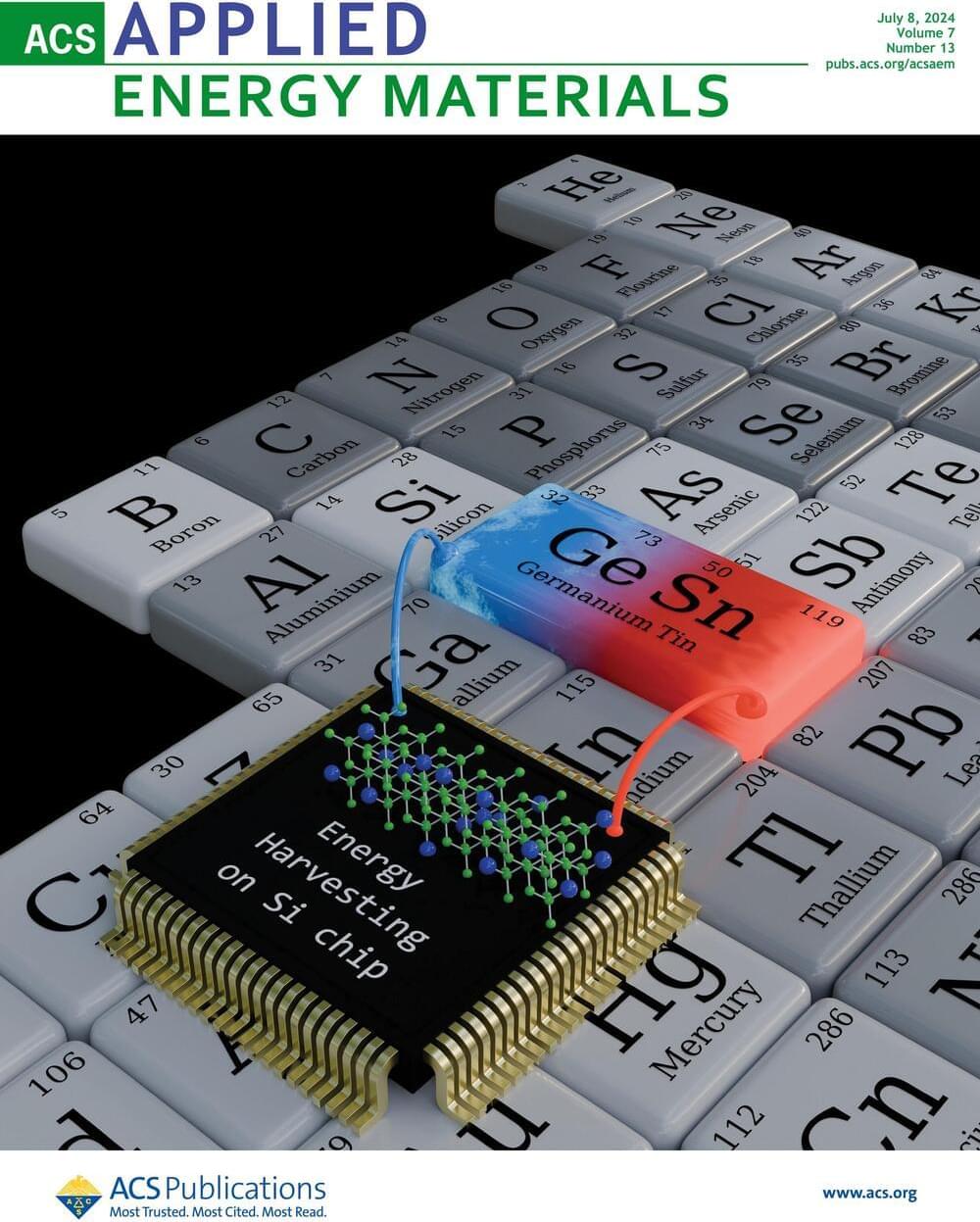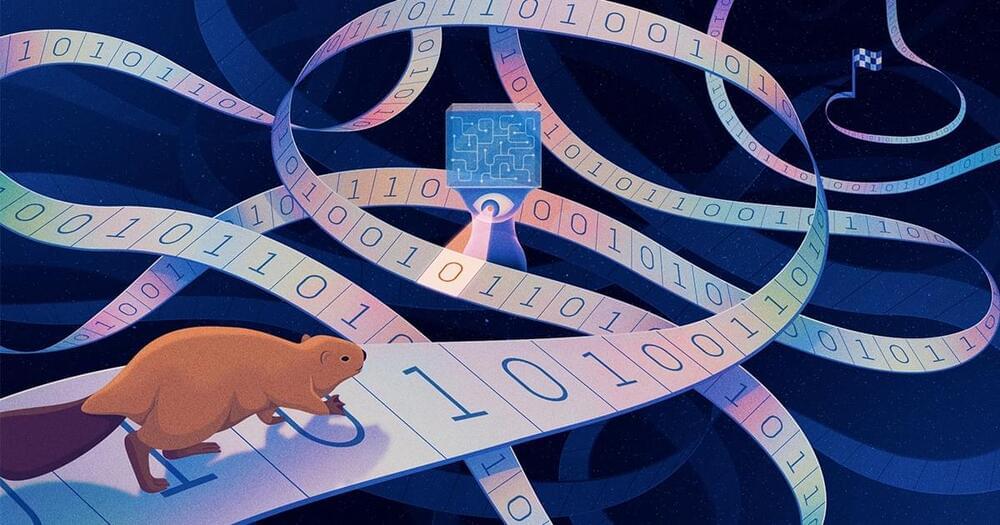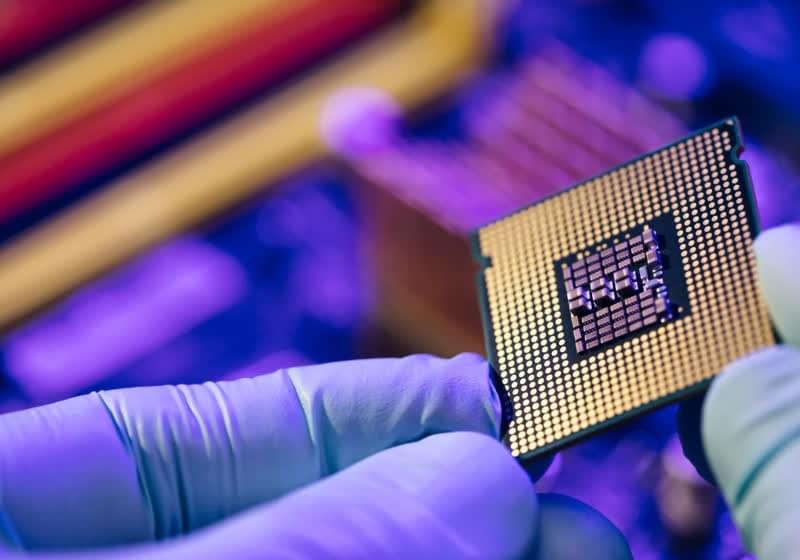Fab 29.1 and Fab 29.2 will span roughly 81,000 square meters, with a combined length of 530 meters and a width of 153 meters. Including roof structures for air conditioning and heating, the buildings will reach a height of 36.7 meters, with several underground floors as well. The cross-section plans show multiple above-ground floors with heights ranging from 5.7 to 6.5 meters.
Initially, construction of Intel’s Fab 29 was scheduled to begin in the first half of 2023, but delays in subsidy approvals pushed the start to the summer of 2024. Recently it turned out that construction of Intel’s Fab 29 modules 1 and 2 near Magdeburg, Germany, has been delayed to May 2025 due to the pending approval of EU subsidies and the requirement to relocate black soil for reuse at another site.
Intel’s Fab 29 modules 1 and 2 were initially scheduled to start operations in late 2027 and make chips on Intel’s 14A (1.4nm) and 10A (1nm) production nodes. Typically, Intel launches new client PC products in the second half of the year and ramps up production in the first half. The fabs were intended to produce client PC products set for release in the second half of 2028. Although production could begin if the fabs were ready by mid-2028, the timeline would be tight. However, some of the latest reports indicate a different schedule, estimating four to five years for construction, with production now expected to start between 2029 and 2030.


